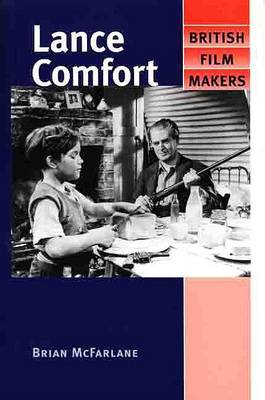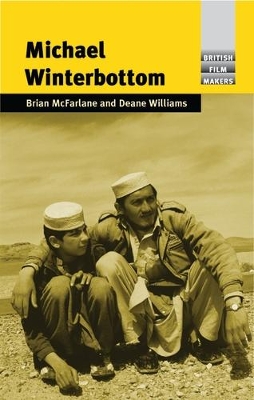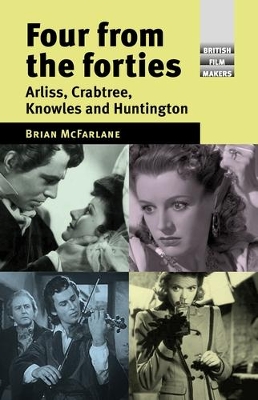British Film-Makers
3 total works
In the years between 1941 and 1965, Lance Comfort made some of the most entertaining films in Britain. There was the striking success of his second feature as director, Hatter’s Castle (1941) and when he returned to this melodramatic vein in 1945 he made a series of highly proficient and enjoyable studies in obsession, including Bedelia (1946) with Margaret Lockwood as a murderess, and Temptation Harbour (1947) starring Robert Newton as a decent man in the grip of erotic attraction. Comfort’s career has never been charted in full – that is, from the apprenticeship in the 1930s, through the melodramas of the 1940s to the often rewarding co-features of the following two decades. His is in many ways a prototypical career in British cinema: his very attractive body of work has been marginalised by critical focus on a few giant figures.
This is a book that will appeal to all students and researchers in British cinema, as well as to anyone with an interest in British films – and why they were the way they were – in their most productive period.
This is the first book-length study of the most prolific and most critically acclaimed director working in British cinema today. Michael Winterbottom has also established himself, and his company, Revolution Films, as a dynamic force in world cinema. No other British director can claim such an impressive body of work in such a variety of genres, from road movie to literary adaptation, from musical to sex film, to stories of contemporary political significance.
The authors of this book use a range of critical approaches to analyse the filmmaker’s eclectic interests in cinema and the world at large. With this in mind, the realist elements of such films as Welcome to Sarajevo are examined in the light of a long history of cinema’s dealings with realism, as far back as post-war Italian neo-realist filmmaking; whereas Jude and The claim are approached as both literary adaptations (a continuing strand in British cinema history) and examples of other reworked genres (the road movie, the western).
This lively study of his work, written in a wholly accessible style, will engage all those who have followed his career as well as those with a wide-ranging interest in British cinema.


